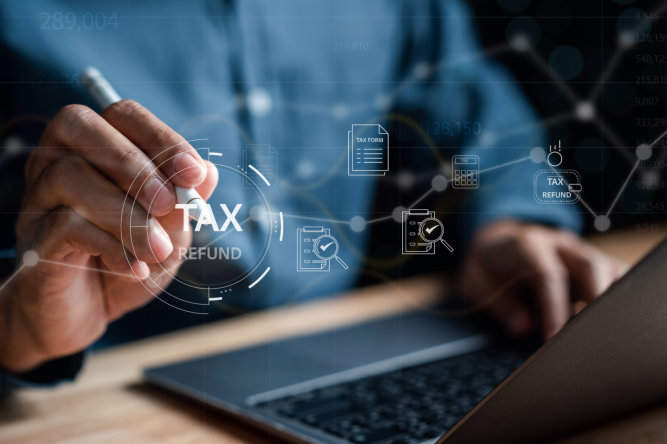
Category Archives: IRS

What Is Tax Planning for Uber Drivers?
So I asked Google what is tax planning? I got this from financebuzz.com Tax planning is the analysis and organization of a person’s financial situation with the goal of ensuring the most “tax-efficient” outcome. In other words, the...
Read More ›
IRS CP2100 and CP2100A
When banks, credit unions, businesses and other payers file information returns with data that doesn’t match IRS records, the IRS sends them a CP2100 or CP2100A notice. The notices tell payers that the information...
Read More ›
Tax Tips for Gig Workers – Uber | Lyft | DoorDash...
Prior to covid-19, the gig economy seems to be on steriods. The emergence of Amazon, Uber and Lyft, Airbnb, InstraCart, Grubhub, DoorDash were all new entries into the way we now live. More and more people tend to use gig work to supplement their...
Read More ›
IRS Rules Regarding 1099’s
Below are the IRS 1099-Misc. rules regarding paying someone for services they provide. File Form 1099-MISC for each person to whom you have paid during the year: At least $10 in royalties or broker payments in lieu of...
Read More ›
Selling or Sold Your Home – Consider These
The IRS says homeowners should think about these things when selling a home: Ownership and UseTo claim the exclusion, the taxpayer must meet ownership and use tests. During a five-year period ending on the date of the sale, the homeowner must...
Read More ›
Fact Sheet – Child Tax Credit | Advance Child Tax Credit...
There have been important changes to the Child Tax Credit that will help many families receive advance payments. The American Rescue Plan Act (ARPA) of 2021 expands the Child Tax Credit (CTC) for tax year 2021 only. What are advance Child Tax...
Read More ›

